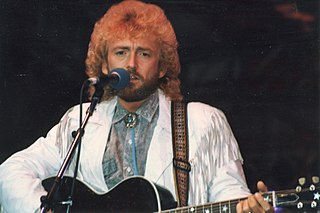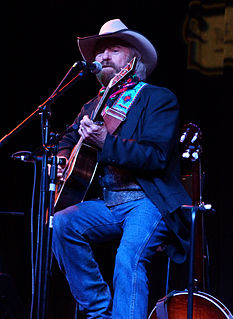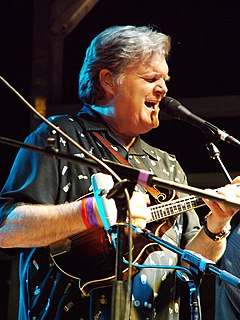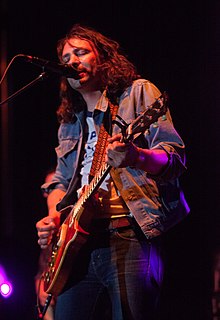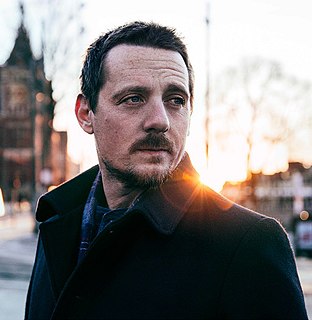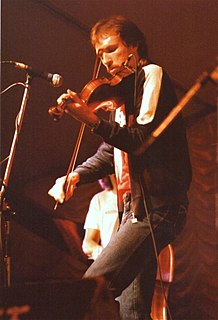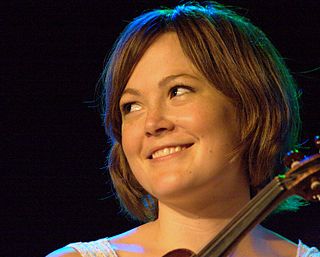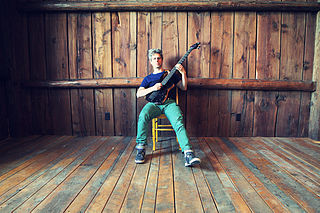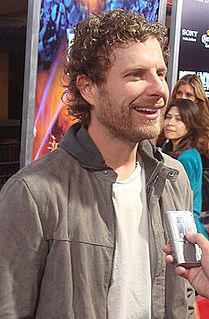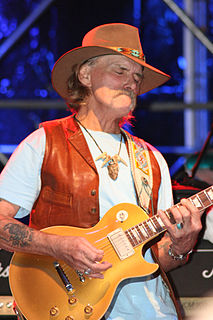A Quote by Keith Whitley
You may not hear much bluegrass on the surface of my music, but I feel the emotion I put in a song comes from bluegrass. Bluegrass taught me to interpret a song, not just sing it.
Related Quotes
In order to understand the history of the banjo, and the history of bluegrass music, we need to move beyond the narrative we've inherited, beyond generalizations that bluegrass is mostly derived from a Scotch-Irish tradition with influences from Africa. It is actually a complex Creole music that comes from multiple cultures.
There was a band in San Diego, Bluegrass Etc, that played a weekly gig. My parents would take my brother and me every Saturday night for 7 or 8 years. Sean and I started taking lessons with them and they gave us a great foundation in bluegrass instrumentation. They were the lens through which I saw music for a very long time.
If you listen to all of my records, they all have a little part of me. So there's a part of me that's very bluegrass-y, and incredibly country, because I grew up on a farm in Missouri - I grew up singing country music. I started in bluegrass - but then there's also so many other sides of me - really pop.
